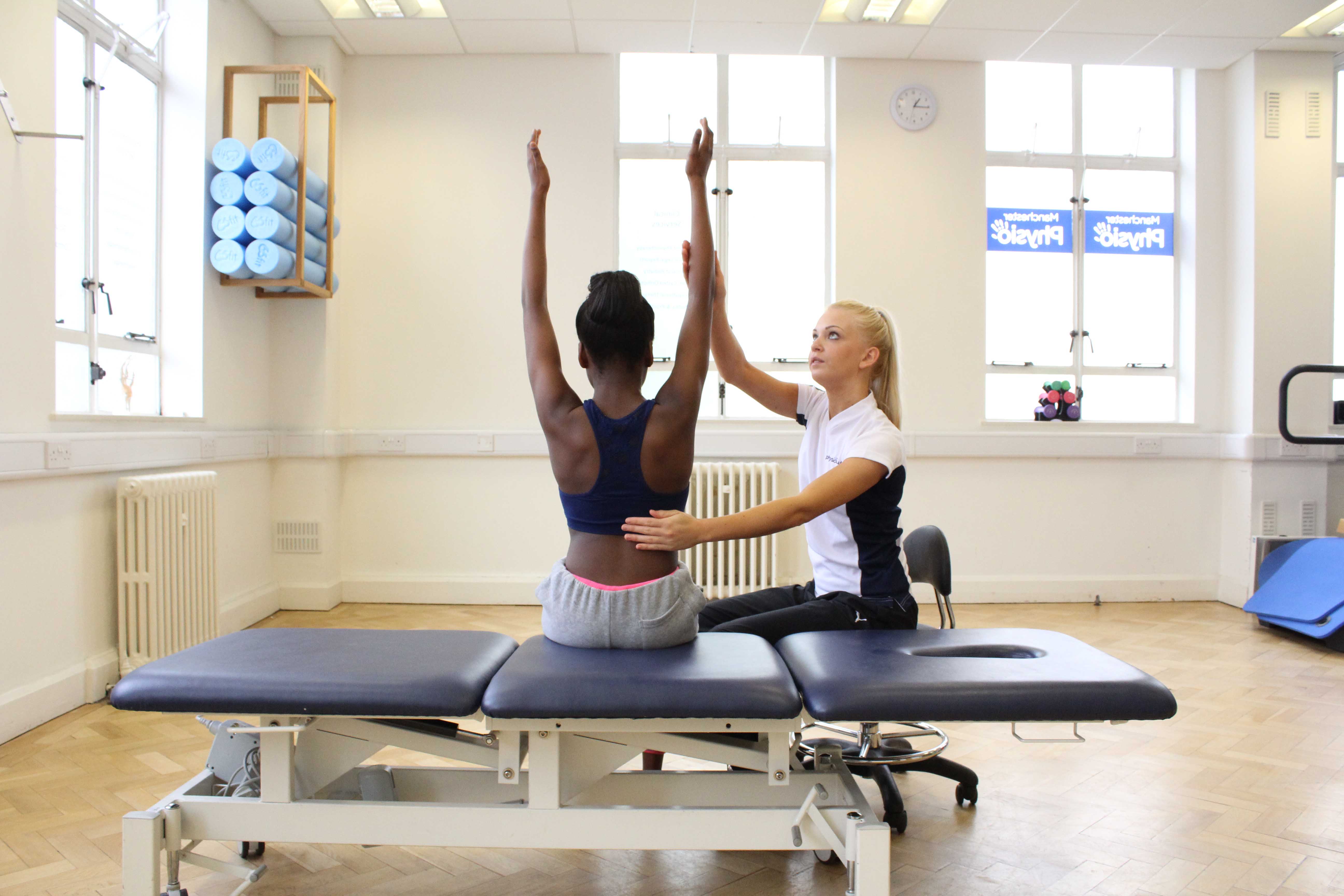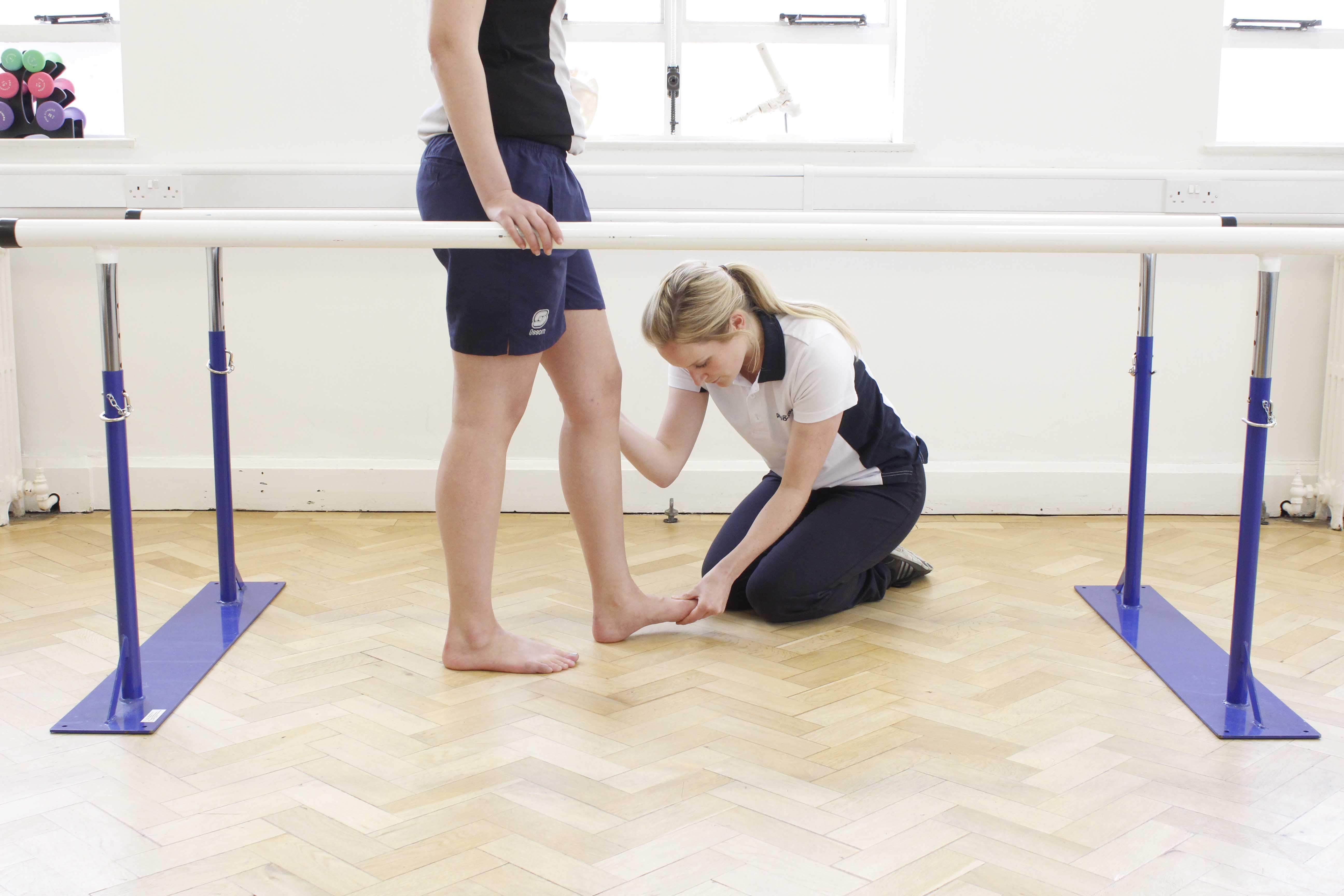What is neurofibromatosis?
Neurofibromatosis (NF) is a genetic disorder which affects the central nervous system (brain and spinal cord) and the skin and causes non-cancerous tumors (i.e., neurofibromas) to grow on nerve tissue. Symptoms of NF depend on the type (Nf1 or Nf2) number, size and location of the tumour. Neurofibromatosis can be inherited or occur spontaneously.
Types of neurofibromatosis
There are two main types of neurofibromatosis which include:
- Nf1 - also known as von Recklinghausen's disease or peripheral neurofibromatosis.
- Nf2 - also known as bilateral neurofibromatosis.
What causes neurofibromatosis?
Neurofibromatosis (NF) is a genetic condition caused by a mutation (change) in one of the genes. NF1 is caused by a defect on Chromosome 17 (91% of cases) and NF2 is caused by a defect on Chromosome 22. Neurofibromatosis is autosomal dominant, which means that it can be inherited from your parents. If one parent has neurofibromatosis, their child has a 50% chance of developing the condition as well. However, about half of people with neurofibromatosis have no family history which means the mutation has occurred spontaneously.
 Above: Specialist physiotherapist supervising mobilisation and stretch exercises
Above: Specialist physiotherapist supervising mobilisation and stretch exercisesDiagnosis of neurofibromatosis
A diagnosis of neurofibromatosis can be made be taking a detailed family history, physical examination for clinical signs of the disease (for example skin lesions), and magnetic resonance imaging (MRI). Genetic testing may also be used to confirm a diagnosis.
What are the effects/symptoms of neurofibromatosis?
The symptoms of NF vary from person to person. Some people will be mildly affected with very few health problems whilst others will have some serious health problems, making everyday tasks difficult. The two different types of neurofibromatos have different symptoms:
Symptoms of Nf1 include abnormal skin pigmentation and lumps under the skin. However complications associated with this type of neurofibromatosis can be serious and include:
- Scoliosis (curvature of the spine),
- Bone problems that are present at birth or from an early age, such as bowing of the legs below the knees
- Coordination and memory problems
- Problems with speech, sight and hearing
- Increased risk of epilepsy
- Tumours on the skin.
- Brain tumours – which are usually benign, but can put pressure on the brain causing headaches, vision problems, difficulty balancing and epilepsy
- Spinal tumours or nerves surrounding it can cause symptoms such as muscle weakness, abnormal sensation and pain. Spinal tumours around the neck can affect the face (usually only on one side), making it hard to blink, smile or swallow.
 Above: Stretch and mobilisation exercises of the hip and knee applied by an experienced physiotherapist
Above: Stretch and mobilisation exercises of the hip and knee applied by an experienced physiotherapistPhysiotherapy treatment for NF
Physiotherapy treatment will depend on the type of neurofibromatosis your child has and their individual symptoms. At Physio.co.uk, our specialised neurological physiotherapists will tailor the initial assessment and following treatment to your childs symptoms and needs. Physiotherapy treatment for neurofibromatosis will help:
- Increase muscle strength
- Prevent soft tissue shortening
- Improve posture
- Increase balance
- Improve mobility
- Improve independence with everyday tasks
- Reduce pain and increase comfort
- Structured exercise programme to strengthen muscles and reduce muscle wasting
- Muscle stretching to help lengthen tight muscles and improve range of movement
- Exercises to build stamina and reduce fatigue
- Correcting and varying posture in different positions to improve balance and coordination
- Advice on orthotic devices and walking aids if appropriate
- Hydrotherapy treatment to strengthen and stretch specific muscles in a relaxed environment.

 0330 088 7800
0330 088 7800

































